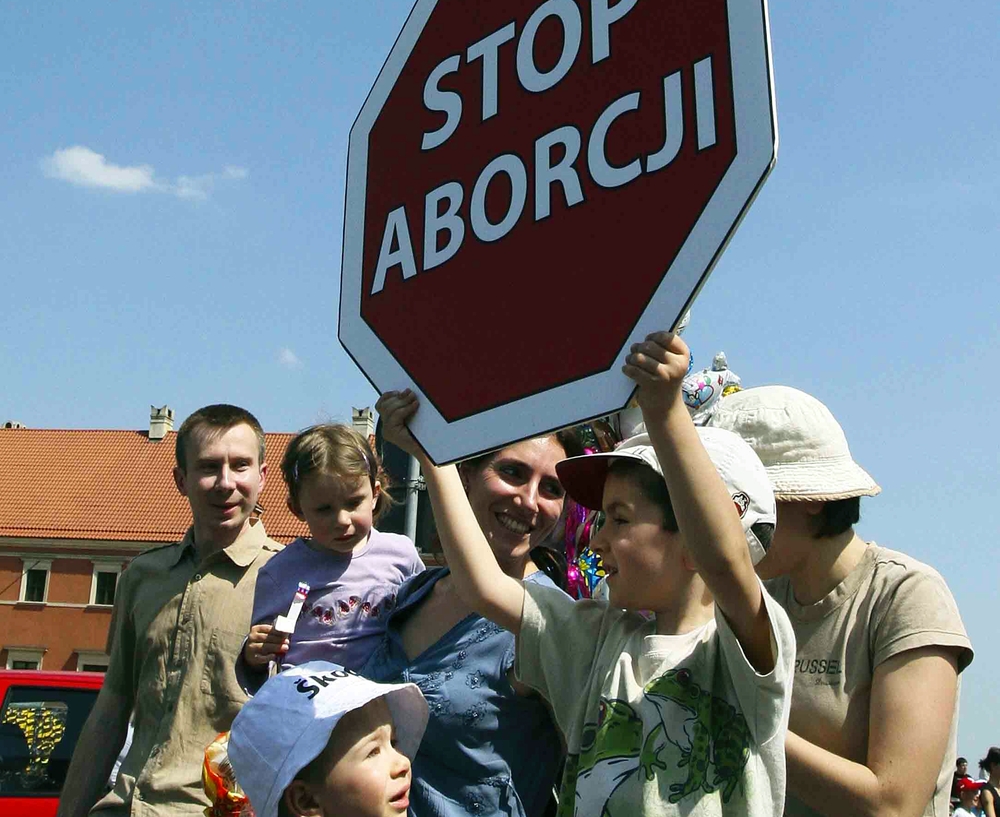The number of abortions in Poland dropped tenfold in 2021 due to the introduction of new regulations that provide better protection of life in the prenatal phase.
“This means that the law works and allows for saving individual people,” said Magdalena Korzekwa-Kaliszuk, a lawyer, psychologist, and CEO of Grupa Proelio Foundation.
According to data provided by the Ministry of Health, the number of abortions totaled 1,076 in 2018, 1,100 in 2019, and 1,076 in 2020. In 2021, that number dropped to just 107.
Korzekwa-Kaliszuk underlined that as a result of the Constitutional Tribunal’s ruling from October 2020, around 1,000 children, mainly with suspected Down’s syndrome, have been saved.
Until the ruling, Polish legislation protected the right to life, also in the prenatal phase, with the exception of three circumstances described in the Family Planning Act. According to those circumstances, abortion was permitted if the pregnancy was a threat to the mother’s health or life, in the case of rape or incest, or when there was a “high probability of severe fetus impairment or incurable life-threatening illness of the fetus.”
After the ruling’s publication, the third premise is no longer legally valid.
“A good law positively impacts attitudes of people. On the one hand, it reinforces the belief that the right to life should not depend on the diagnosis of health. On the other, the lack of possibility to kill the child for eugenic reasons means that doctors no longer have the grounds to propose or impose pressure on parents to have an abortion,” said Kokrzewa-Kaliszuk.
Organizations and politicians advocating for weaker legal protection of the life of unborn children argue that due to the ruling of the tribunal, Polish women have more frequently decided to have an abortion abroad. According to MP Joanna Scheuring-Wielgus, there are “thousands” of such cases. At the same time, no proof of those statements has been presented.
“Even if some parents decided to kill their children with suspected illness illegally or even abroad, the majority of them decided to let the child live, which is an indisputable victory that the ruling of the Constitutional Tribunal has enabled,” said Korzekwa-Kaliszuk.






